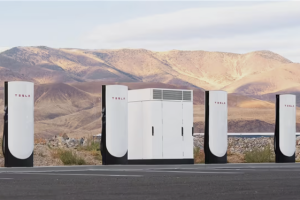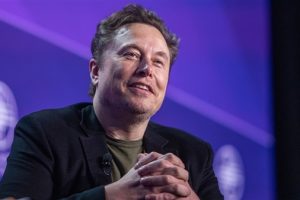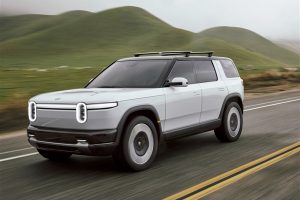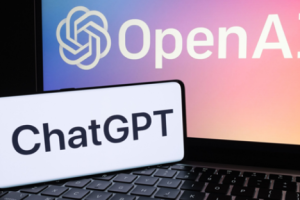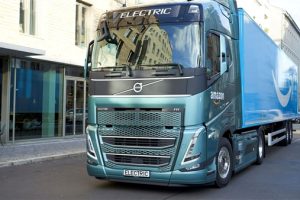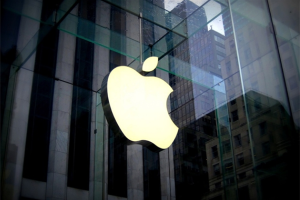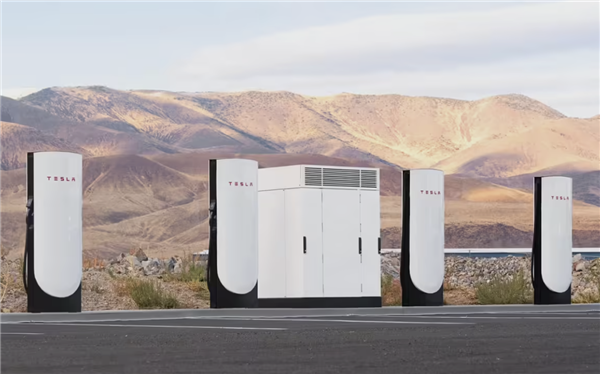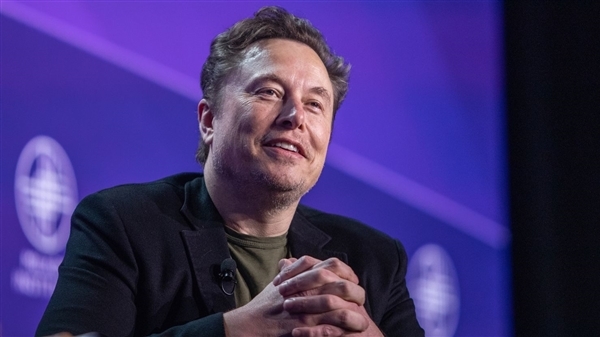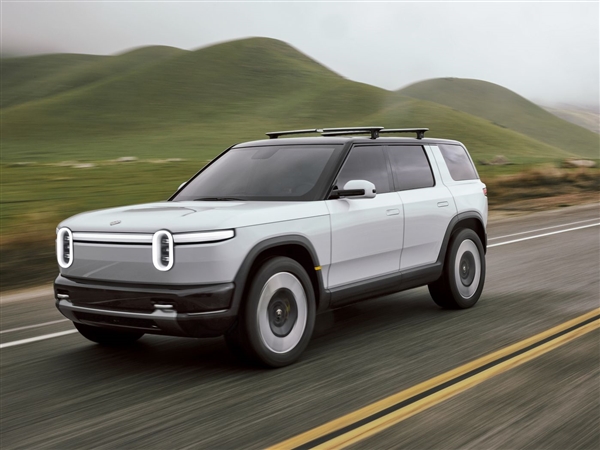June 27, 2023 – The field of artificial intelligence continues to advance rapidly, and Tesla is at the forefront of this technological revolution. In their relentless pursuit of innovation, the Tesla AI team has unveiled their latest breakthrough: the Dojo supercomputer platform. With production set to commence in July this year, Tesla aims to position Dojo as one of the world’s top five supercomputers by early 2024.
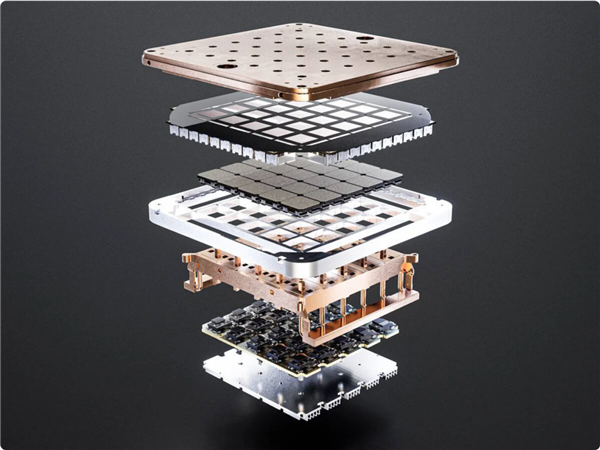
Recognizing the escalating competition in the AI industry, Tesla understands that relying solely on external hardware to meet the ever-growing demands of computational power is no longer sufficient. This realization has fueled Tesla’s determination to develop their proprietary supercomputer. In 2020, Elon Musk first introduced the concept of Dojo, marking Tesla’s official foray into the realm of supercomputing. While last year’s AI Day showcased some progress on Dojo, Tesla’s most recent timeline suggests that the system’s final form may still be approximately six months away.
In recent years, Tesla has been steadfast in their mission to redefine automobiles through software, integrating systems and connectivity within their vehicles. This approach has not only reduced costs and improved functionality but has also facilitated seamless updates and the implementation of new features. At the heart of Tesla’s Dojo supercomputer lies their internally developed neural network training chip known as the D1.
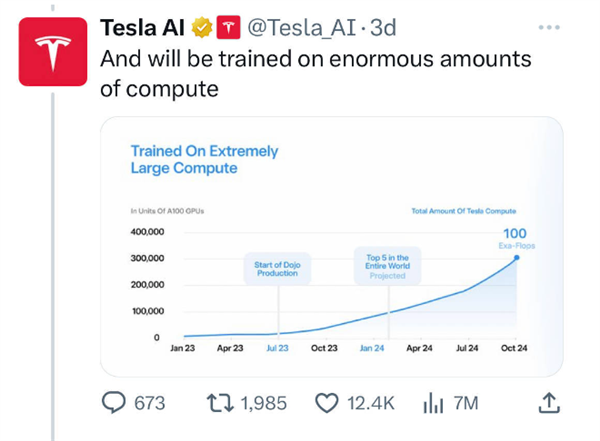
The D1 chip, fabricated using the 7nm process node, boasts over 50 billion transistors and 354 training compute nodes, providing exceptional bandwidth. Leveraging this unique characteristic, each training module in the Dojo supercomputer will consist of 25 D1 chips, maximizing compute density and data throughput. With this design, a single Dojo training module will achieve an impressive computational capacity of 90 quadrillion floating-point operations per second (9 PFLOPs) and a data throughput of 36 terabytes per second.
Empowered by such formidable computational hardware, Tesla will have the capability to process significantly larger volumes of FSD data and iteratively improve their autonomous driving models. Elon Musk, emphasizing the critical relationship between Tesla’s market value and the development of robust autonomous driving technology, stated, “The value proposition of autonomous driving is immense, even if only a small fraction of it is realized.”
As Tesla’s annual production approaches the 2 million mark, the potential of autonomous driving technology becomes increasingly evident. Perfecting this technology holds substantial value for the company and has a significant impact on its market position. With the impending launch of Dojo, Tesla aims to strengthen their position as a frontrunner in the autonomous driving industry and solidify their commitment to pushing the boundaries of innovation.

